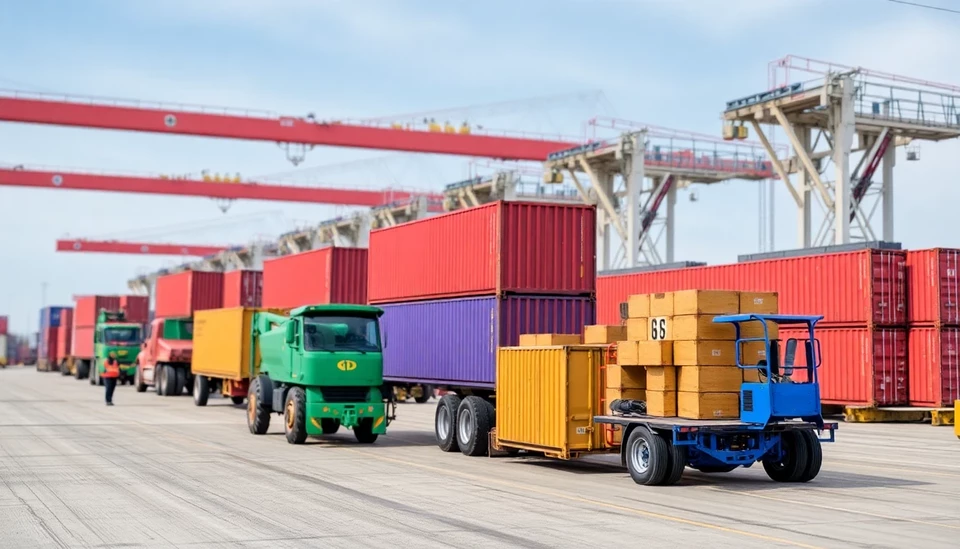
In a significant turn of events, recent survey data has shown that the tariffs imposed by former President Donald Trump are already beginning to affect Japanese companies. The findings underscore the broader implications of trade policies that could reshape competitive landscapes in various sectors.
The survey, which polled several Japanese firms, indicated that many are now grappling with unexpected challenges associated with the tariffs. These challenges include rising production costs and diminished competitiveness in both domestic and international markets. Some companies reported that their forecasts for profits have been negatively adjusted due to increased tariffs on materials sourced from the United States.
A notable observation from the survey is that companies within the technology and automotive industries are experiencing some of the most pronounced effects. The automotive sector, a cornerstone of the Japanese economy, is facing difficulties as tariffs lead to increased cost of exports to the U.S. market. This could potentially lead to higher prices for consumers and reduce sales volumes, creating a ripple effect throughout the supply chain.
Furthermore, the survey highlights a growing sentiment among Japanese executives regarding their long-term strategies. Many are considering diversifying supply chains and exploring new markets to mitigate the risks associated with dependency on the U.S. economy. This strategic pivot reflects a responsive approach to the evolving trade landscape and aims to safeguard against future uncertainties.
In light of these developments, analysts are urging Japanese firms to remain vigilant and proactive. Engaging in lobbying efforts and strengthening bilateral trade relationships with other countries may offer necessary respite from the burdens of tariffs. Moreover, continuous monitoring of legislative changes in the U.S. related to trade policies will be crucial for forecasting future business operations.
As the economic landscape continues to evolve, the interplay between U.S. trade policies and global markets will be a critical focus for Japanese firms. Stakeholders must adapt to the changing dynamics to maintain competitiveness and ensure sustainable growth in an increasingly complex global economy.
With the implications of these tariffs becoming more pronounced, experts stress the importance of addressing these financial obstacles head-on. The need for innovative solutions and strategic planning will be essential as Japanese firms navigate this challenging environment, ensuring their position in the global market remains resilient and robust.
In conclusion, the latest survey outlining the impact of Trump's trade tariffs on Japanese firms serves as a vital reminder of the interconnected nature of global economies. The trends emerging from this data could have lasting implications for trade relations and economic stability in the region.
#Tariffs #Japan #Trump #TradeRelations #Economy #JapaneseFirms #GlobalTrade #AutomotiveIndustry
Author: Daniel Foster




